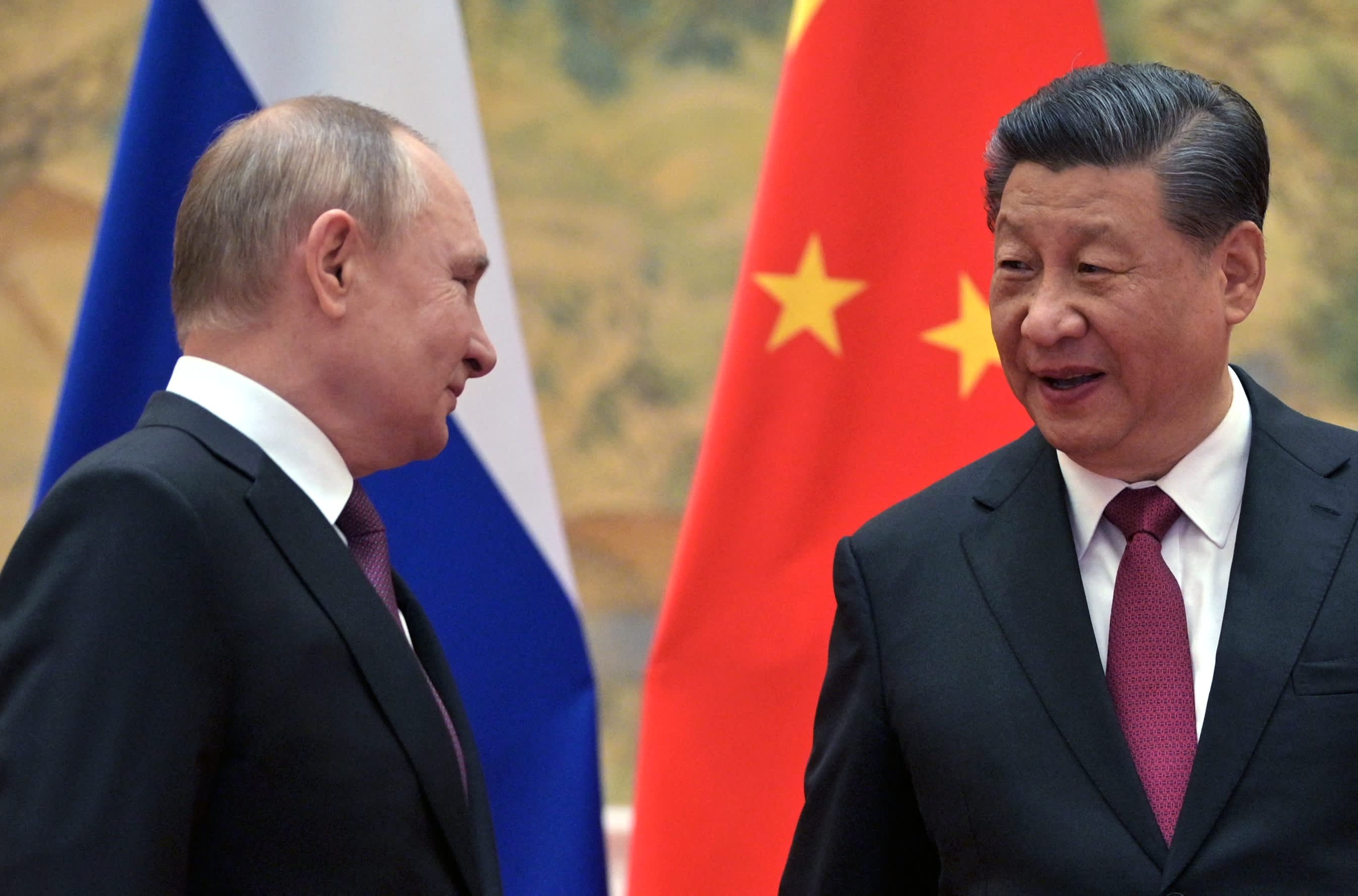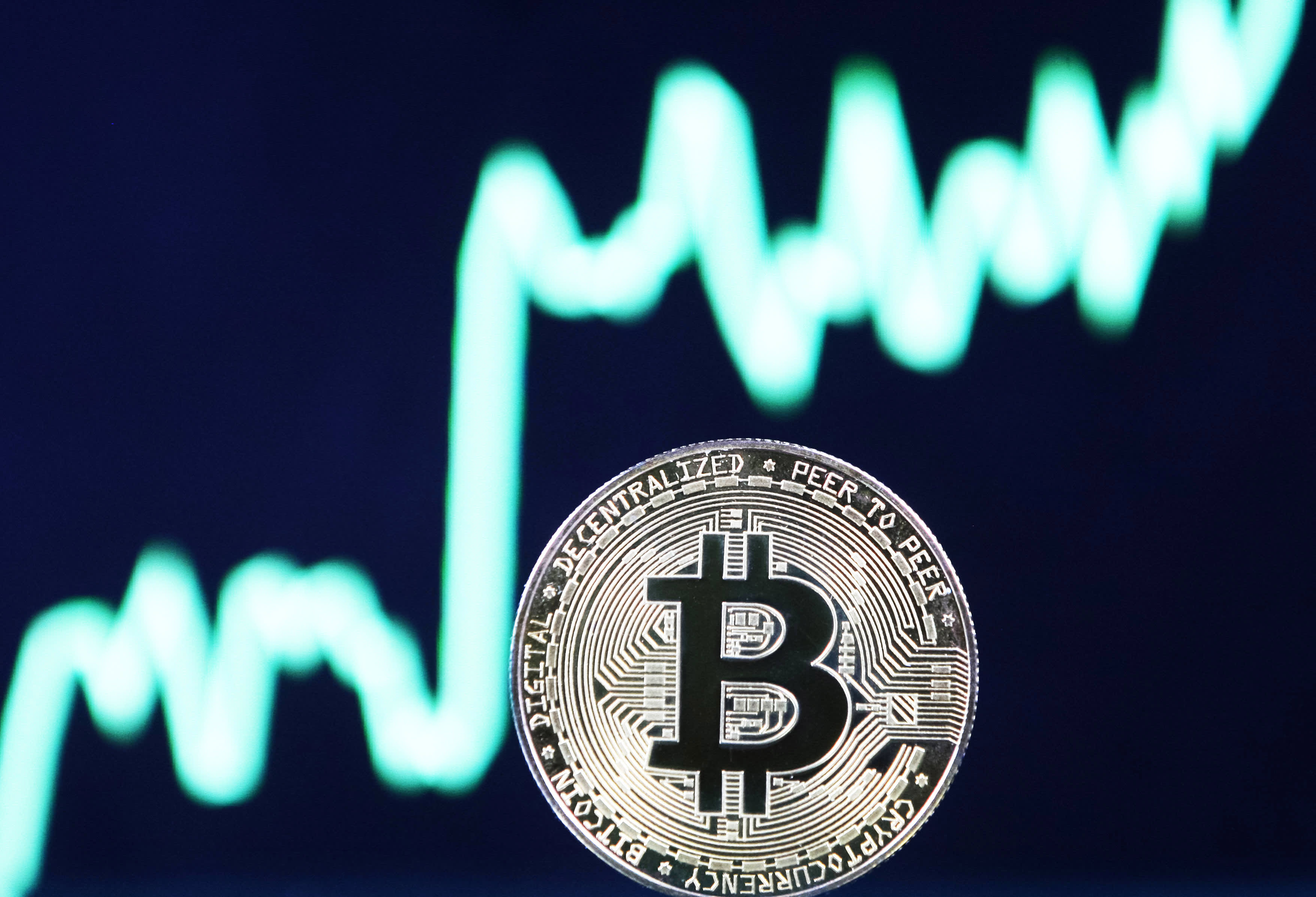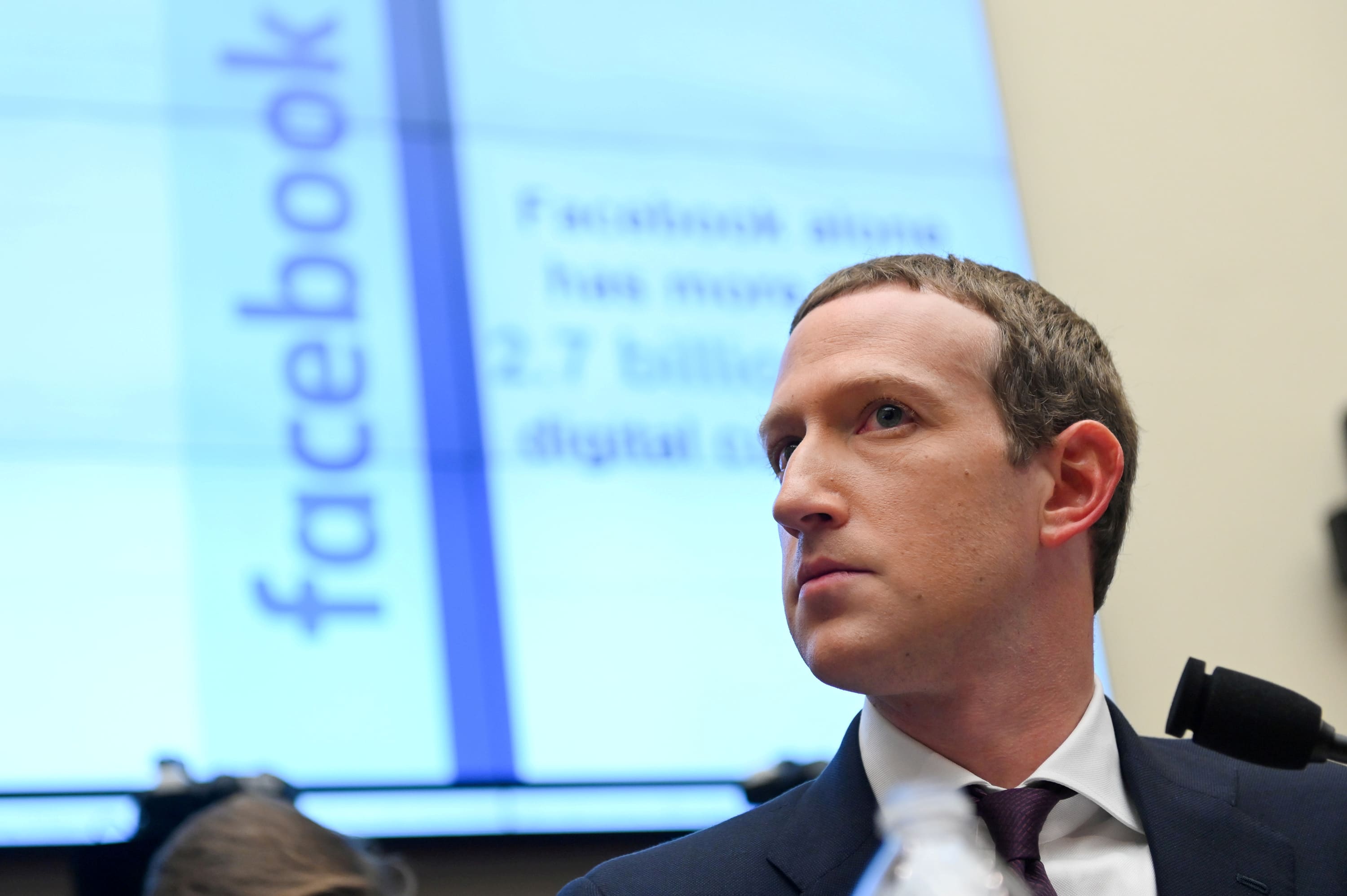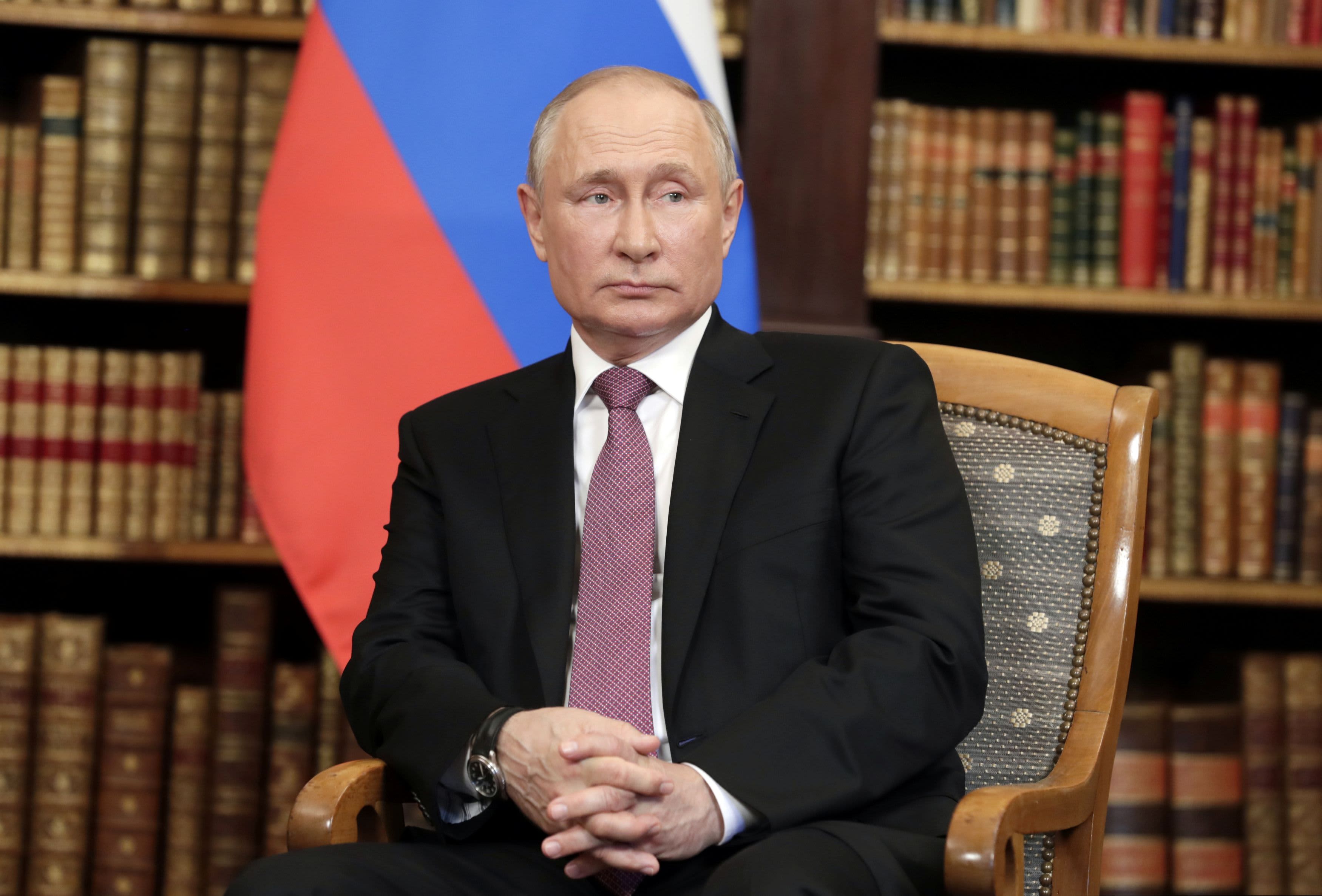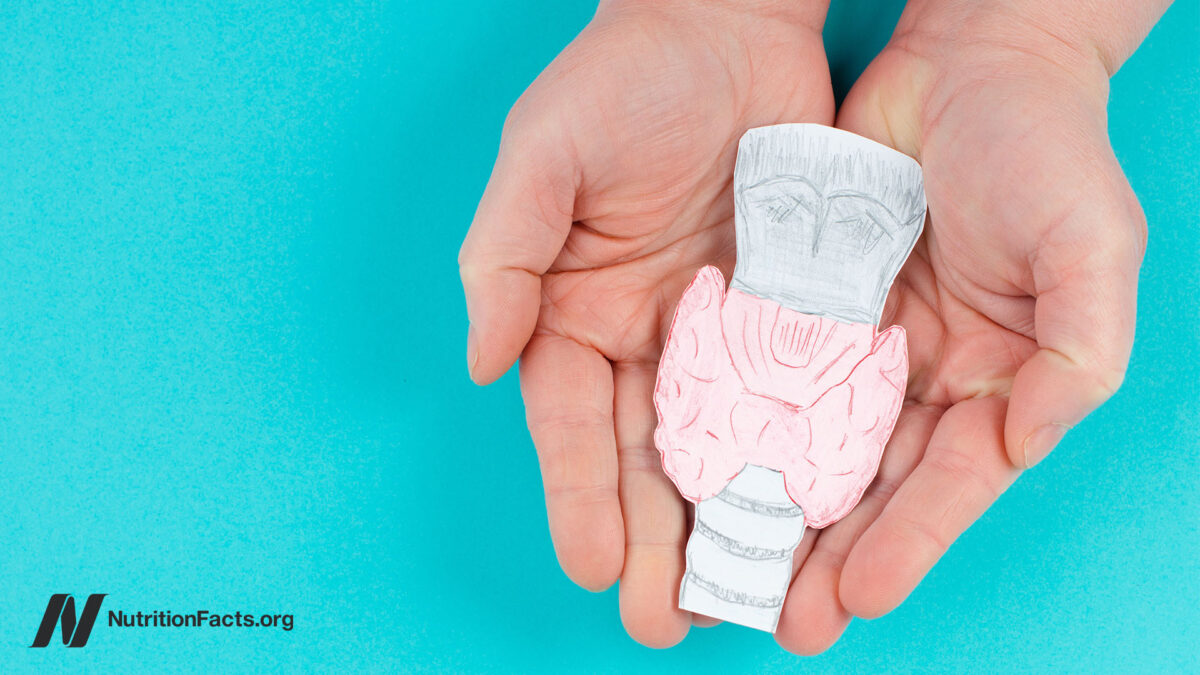Behind Trump's campaign cash crunch: Small-dollar donor fatigue, major donor hesitation
Donald Trump faces twin obstacles to his 2024 fundraising needs: wealthy donors afraid of bad press, and small-dollar donors burned out after years of giving.
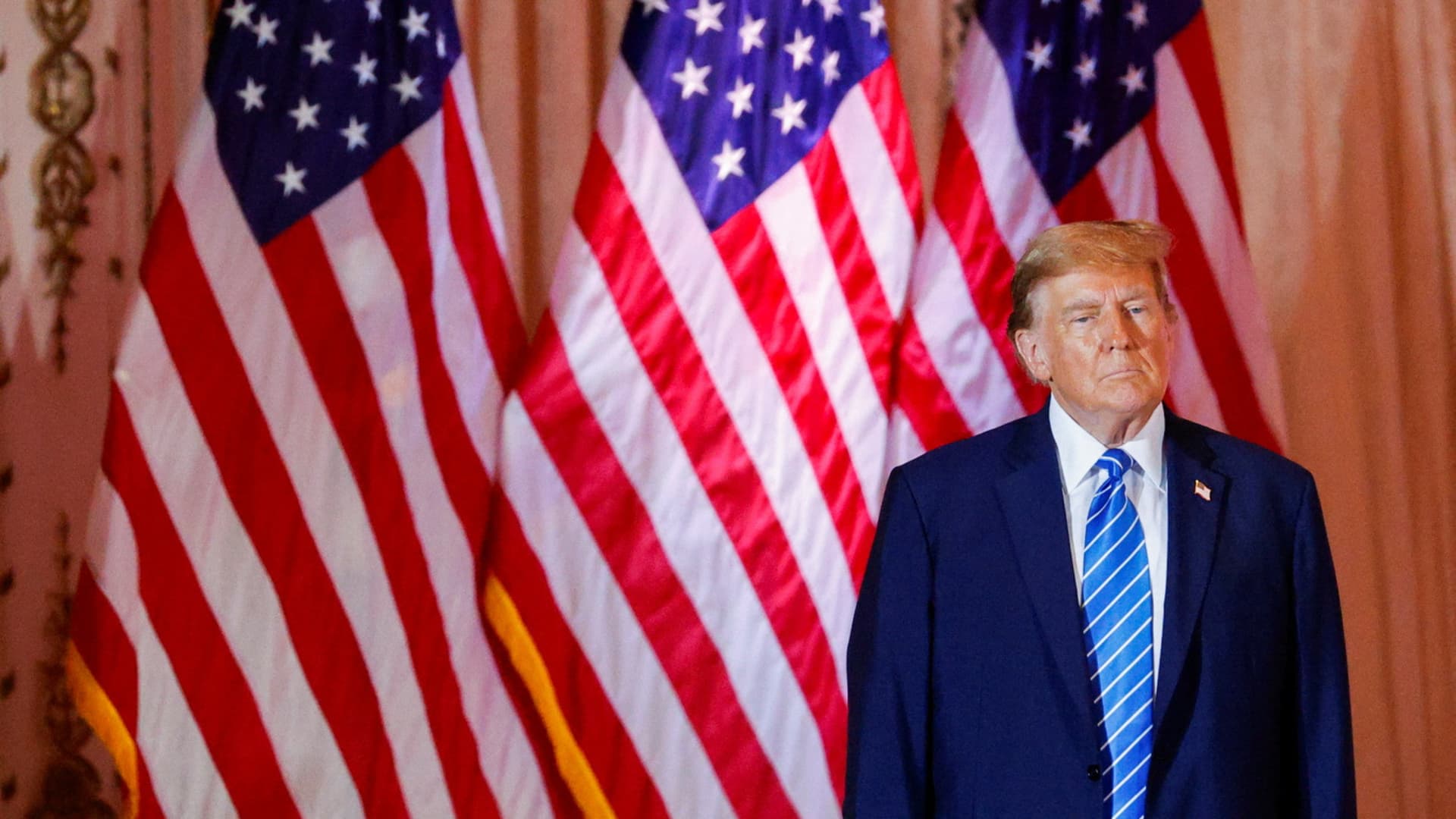
Republican presidential candidate and former U.S. President Donald Trump attends a watch party event to mark the Super Tuesday primary elections at his Mar-a-Lago property, in Palm Beach, Florida, U.S. March 5, 2024.
Marco Bello | Reuters
Donald Trump's reelection campaign has begun to see warning signs that the small-dollar donors who fueled his last run for the White House have slowed their support to the former president this year, according to people familiar with the matter.
Since late last year, members of Trump's team have been warned by Republican Party advisors that their small-dollar donor base could be shrinking, said the sources, who were granted anonymity to discuss internal campaign matters.
Some have even been told there may not be much that the former president or his campaign can do to win back these key donors, the sources explained.
The drop in Trump's small-dollar contributors could be significant obstacle as the former president faces the well-funded incumbent president, Democrat Joe Biden.
Falling behind Biden
Evidence from earlier in the 2024 election cycle already hinted at an erosion of Trump's small-dollar donor base, or support of $200 or less.
In 2023, Trump's reelection campaign raised 62.5% less money from small-dollar donors than it did in 2019, the year before the last presidential election.
In January of this year, Trump's campaign reported raising around $3 million from small-dollar donors, according to data from OpenSecrets.
This may sound like a lot of money, but consider that Biden's political operation raised nearly $2 million in just one day, Feb. 29, according to a campaign spokesman for the president.
Presidential campaigns have until March 20 to file their February fundraising disclosures to the Federal Election Commission and the public. Before that date, both sides try to shape the narrative by either playing up expectations or tamping them down.
For example, Biden's campaign announced it raised $10 million in just the 24 hours following the president's March 7 State of the Union address. But those numbers won't be disclosed to the FEC until next month.
U.S. President Joe Biden delivers the State of the Union address at the U.S. Capitol in Washington, D.C., March 7, 2024.
Elizabeth Frantz | Reuters
Meanwhile, Trump's campaign told The New York Times that February was its strongest month so far in the 2024 campaign cycle for small-dollar donations. When CNBC asked a Trump spokesperson precisely how much was raised, the campaign did not reply.
One factor nobody disputes is that small-dollar donors are critical to Trump's ability to raise enough money to fund his presidential campaign. During his failed 2020 reelection campaign, the $378 million he raised from small-dollar contributions represented almost half of the total cash.
The lion's share of this money was raised during the final year of the campaign. Between Jan. 1 and Dec. 31, 2020, Trump's campaign raised over $264 million from small-dollar supporters.
Trump's struggle with small-dollar contributors so far this quarter could be due to donors not engaging as much with his often bombastic online pitches as they have in the past. It could also be the result of donor fatigue after nearly nine years of supporting him with contributions, people close to the Trump fundraising effort acknowledged.
Problems with big money
The drop in Trump's small-dollar donations is magnified by a second problem: Many wealthy Republican donors have yet to commit to giving millions of dollars toward a pro-Trump political action committee, or to using their extensive networks to raise money for the campaign, according to people familiar with the matter.
Beyond Trump-specific entities, some donors are also hesitant to fund the Republican National Committee, or a newly created joint fundraising committee that will raise money for the RNC, Trump's campaign and dozens of state GOP parties, according to people briefed on the matter.
Their reluctance stems, in part, from concerns that the RNC will use the money not to help elect Republicans, but to pay for Trump's extensive legal fees, sources said.
Republican leaders insist they have no such plans. But recent developments within the Trump campaign and the party suggest that donors' concerns might be warranted.
Former US President Donald Trump sits at the New York State Supreme Court during the civil fraud trial against the Trump Organization, in New York City on January 11, 2024.
Shannon Stapleton | AFP | Getty Images
A newly established joint fundraising committee, the Trump 47 Committee, plans to split proceeds between the RNC, Trump's campaign, state parties and — crucially — Save America, the Trump-affiliated leadership PAC that spent $24 million on the former president's legal bills in the latter half of 2023.
The RNC did not reply to a request from CNBC for comment on the committee.
Joint fundraising committees like Trump 47 are allowed to accept nearly $1 million from each individual donor.
Biden and the Democrats have a similar joint committee, and in January alone, at least five individuals wrote checks for more than $900,000 each to the effort, dubbed Biden Victory.
But outside of longtime allies like veteran investors John Paulson and Howard Lutnick, Trump has not received pledges or contributions from many other wealthy Republicans, sources familiar with the matter told CNBC.
Trump's legal money squeeze is not limited to just his lawyers' bills. Over the past three months, the former president has been found liable for fraud and defamation in federal and state civil court cases. The total combined judgments ordered against Trump add up to more than $500 million.
On Monday, Trump's attorneys revealed the former president has been unable to secure a $454 million bond he needs to prevent the largest judgment against him from coming due later this month.
If Trump can't get a bond, he will need to pay the millions himself. New York Attorney General Letitia James has said she won't hesitate to seize Trump's properties if he fails to pay.
There are other Republican donors who might eventually back Trump, however, including Blackstone CEO Steve Schwarzman and casino executive Miriam Adelson.
Miriam Adelson speaks onstage during the 24th annual Keep Memory Alive benefit for the Cleveland Clinic Lou Ruvo Center for Brain Health at MGM Grand Garden Arena on March 7, 2020, in Las Vegas, Nevada. (Photo by Denise Truscello/Getty Images for Keep Memory Alive)
Denise Truscello | Getty Images
New York businessman Stephen Louro told CNBC he plans to host Trump for a fundraiser later this year in the Hamptons. The event will feature Trump and Republican lawmakers who represent Long Island's congressional districts. Louro said he plans to hold a demonstration of a jet suit at his home for guests.
But Louro represents a rare commitment among New York's deep ranks of Republican donors.
There are very few fundraising events currently scheduled to benefit Trump's campaign in the coming months within the Empire State, a well-known political advisor told CNBC.
Trump is also expected to attend the New York Republican Party's annual gala in April, according a person briefed on the matter. That event will feature Republican Texas Gov. Greg Abbott and Rep. Elise Stefanik, R-N.Y., a longtime Trump ally who could end up being his running mate, according to the invitation.
The former president's busy schedule of courtroom appearances could also be holding him back from attending events, said a Republican fundraiser and Trump ally.
Trump "has to be at the event [in order to raise money]. How do you get there if you're in court?" this person asked. "The enthusiasm for voting for him is there. Maybe the enthusiasm in terms of giving may not be there."
Chasing Haley donors
This includes — critically — Republicans who gave money to Trump's toughest primary opponent, former South Carolina Gov. Nikki Haley.
Earlier this year, Trump threatened to blacklist Haley donors from his campaign.
"Anybody that makes a 'Contribution' to [Haley] from this moment forth, will be permanently barred from the MAGA camp. We don't want them, and will not accept them," he wrote on Truth Social Jan. 24.
But the threat only made it that much harder for Trump's campaign to recruit former Haley donors to the team, some of whom they spoke to as recently as March 4.
So far, few of them have made the leap from Haley's camp to Trump's.
Former South Carolina Governor Nikki Haley speaks at the third Republican candidates' U.S. presidential debate of the 2024 U.S. presidential campaign hosted by NBC News at the Adrienne Arsht Center for the Performing Arts in Miami, Florida, U.S., November 8, 2023.
Mike Segar | Reuters
In some cases, they have ruled out Trump altogether, and committed to either helping Biden or to raising money for Republicans locked in tight congressional races instead, sources explained.
A former Haley fundraiser told CNBC how an investment banker explained to him that while the person was no fan of Biden's, they may not end up supporting Trump out of concern the former president will say things that could embarrass his wealthy supporters.
The previous Haley fundraising advisor also described how the CEO of a major investment advisory firm told him they did not want to give to Trump or the RNC, out of concern that being publicly associated with the former president would be embarrassing.
Trump's allies still hope to recruit billionaire investor and former Haley backer Paul Singer, according to people familiar with the matter. Singer gave $5 million to a pro-Haley super PAC in December, according to an FEC filing.
Paul Singer
David A. Grogan | CNBC
But Singer has yet to decide whether he will support Trump, according to a person familiar with the matter. Members of Singer's donor group, the American Opportunity Alliance, are gathering for dinner in Washington, D.C., on Tuesday to discuss "the future of conservatism," according to a person familiar with the upcoming meeting.
There, Singer's allies may discuss whether to start helping Trump with their wallets. It was unclear Monday if Singer planned to attend the dinner.
Diminishing returns
The struggles for Trump's online and overall small-dollar fundraising efforts were clear to some of of his advisors before the Republican National Committee recently met in Houston, according to a party fundraiser.
Less than a year ago, on April 4, 2023, Trump raised nearly $4 million online the day he pleaded not guilty to his first indictment in New York, for falsifying business records, according to Politico.
At the time, it was Trump's single best online fundraising day of the year. "The first indictment was huge for everybody," this fundraiser explained, referring to Trump's online small-dollar fundraising efforts.
But on June 13, when Trump was in court over his handling of classified government records, the former president only raised $1.3 million from just over 35,000 donors.
Lara Trump addresses the audience as her father-in-law, former U.S. President Donald Trump, looks on at the North Carolina GOP convention dinner in Greenville, North Carolina, U.S. June 5, 2021.
Jonathan Drake | Reuters
On Wednesday, newly elected RNC co-chair Lara Trump said the committee had just had its "largest digital fundraising weekend since 2020" after she and fellow Trump ally Michael Whatley were chosen to run the committee.
That strong weekend, however, represents a rarity for Trump so far this cycle with online donations, including through the first quarter of 2024, according to the GOP fundraiser.
"New leadership at the RNC was a massive day. Then it's back to making a little bit," the person said.

 JaneWalter
JaneWalter 







